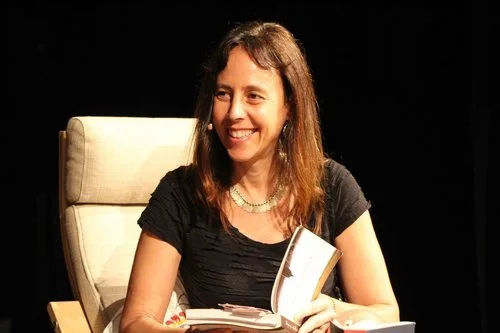Gillian Triggs has had a long and diverse career in International Law. Born in London she migrated along with her parents to Australia in 1958, when she was thirteen. She attended school in Melbourne and studied law at Melbourne University, then went to Texas to do a Masters in Law, working with the Dallas Police Force on the implementation of the Civil Rights Act. She completed a doctorate a decade or so later. In 1982 she was admitted to the Supreme Court of Victoria as a barrister and solicitor. Soon after that she joined Mallesons Stephen Jaques as a consultant on International law practicing with them for ten years before joining the Melbourne Law School as a professor of International Law. While there she produced papers on a range of subjects, including the WTO, energy and resources law, the law of the sea, international criminal law, international environmental law and human rights.
In 2007 she took on the role of Dean of the University of Sydney’s Law School. In 2012, as we all know, she was appointed the President of Australia’s Human Rights Commission, a position she held for five years. She is now the Acting Aboriginal and Torres Strait Islander Social Justice Commissioner and is here with us today to talk about her recently published memoir Speaking Up.





















